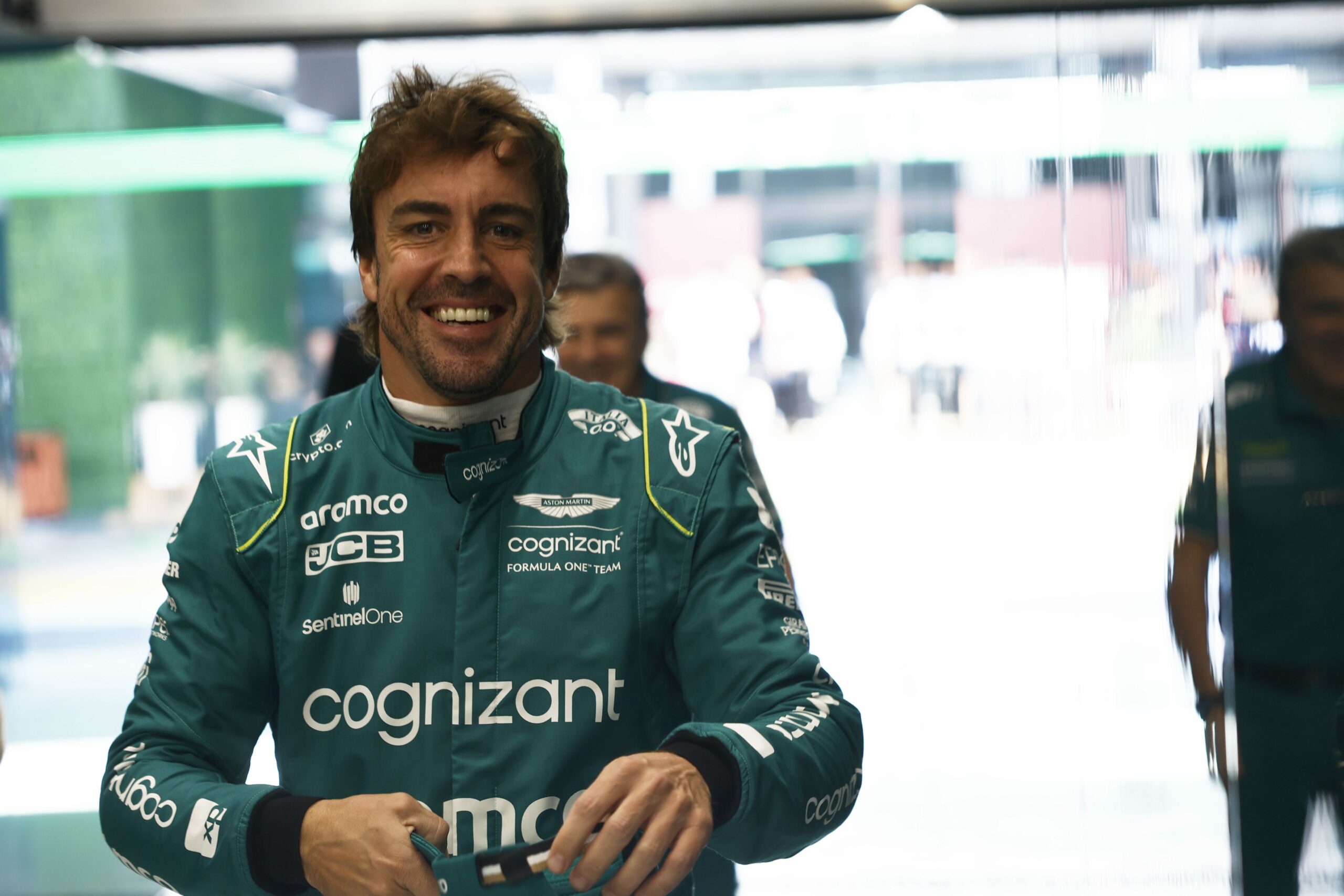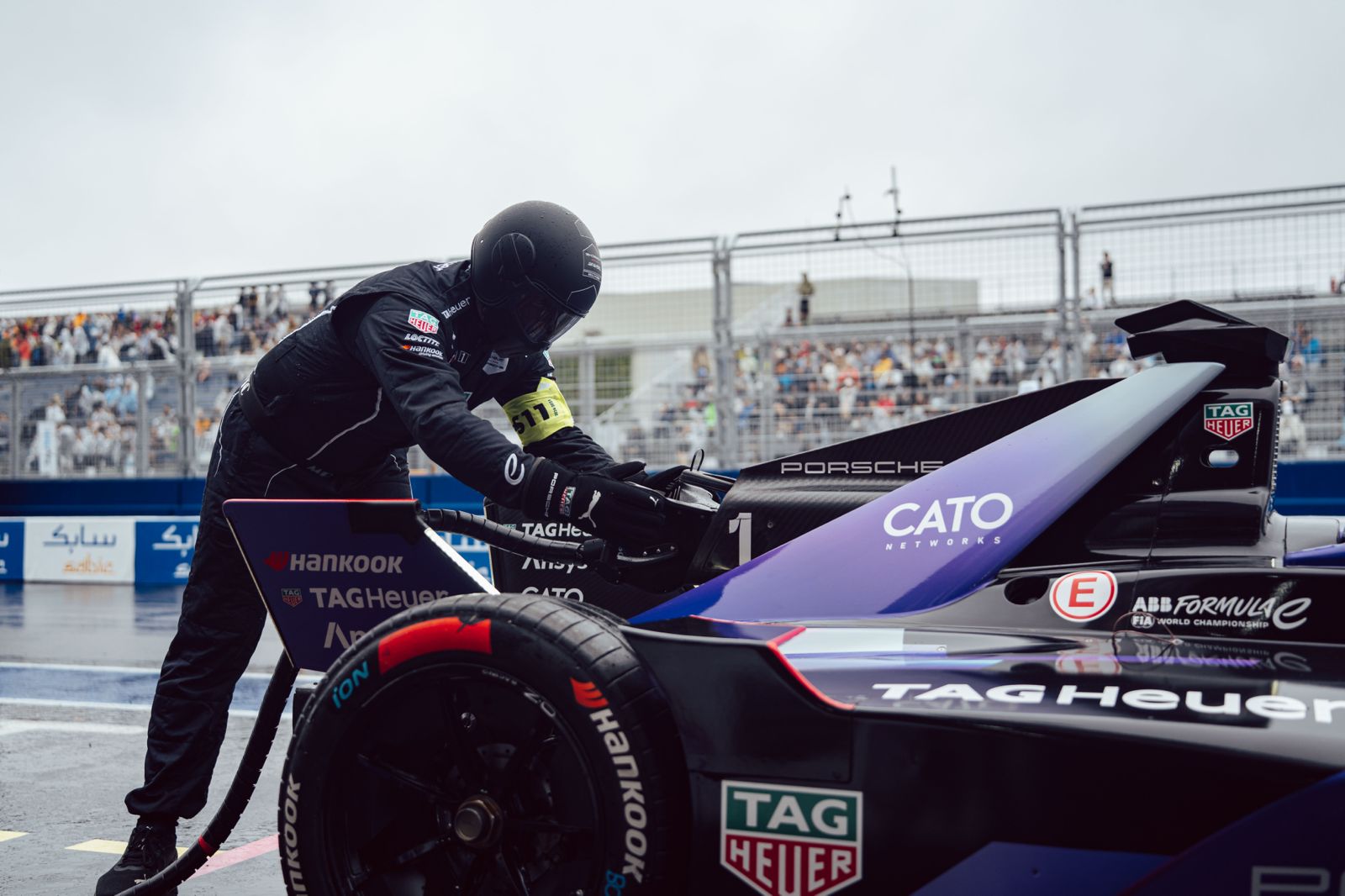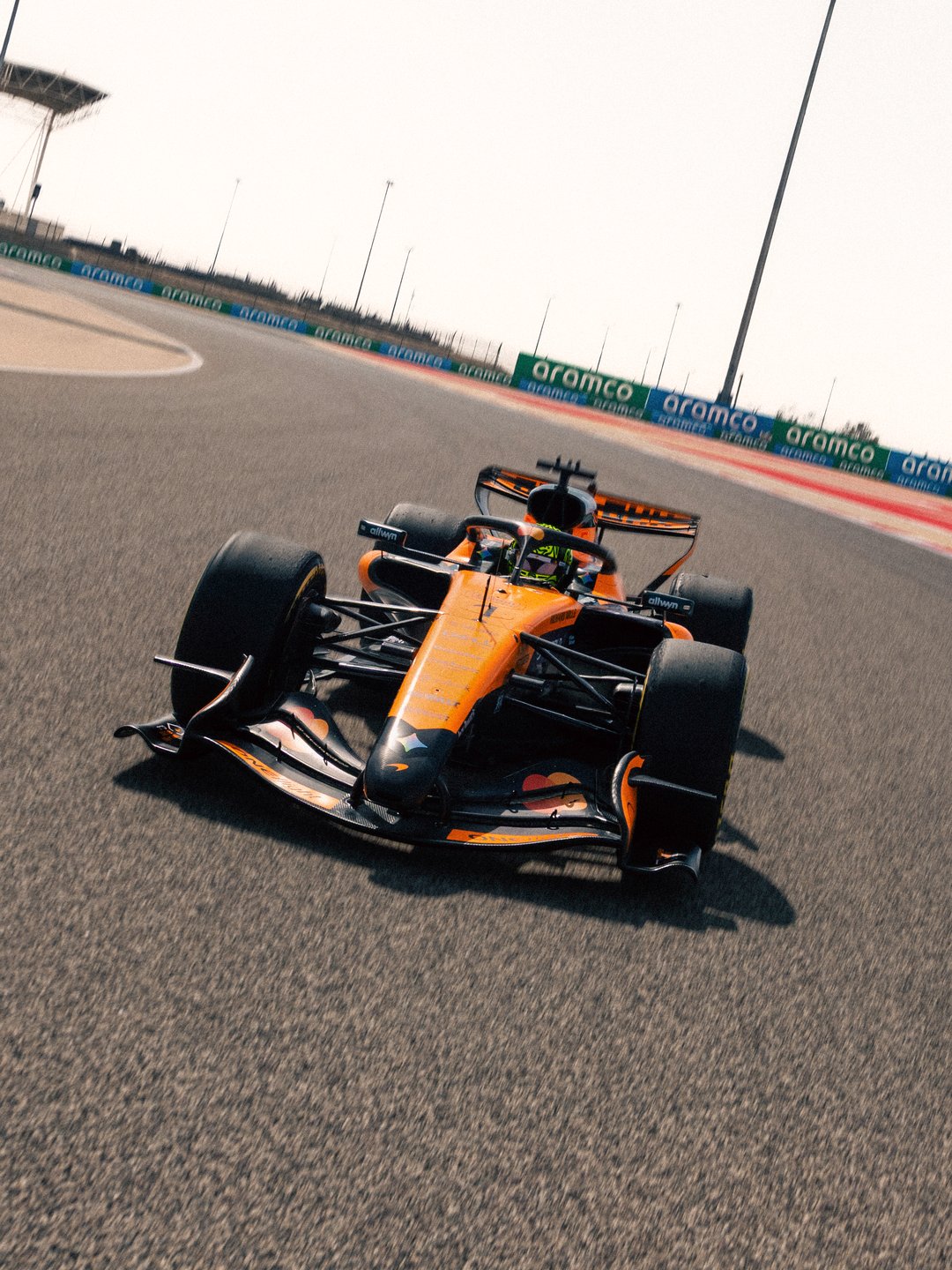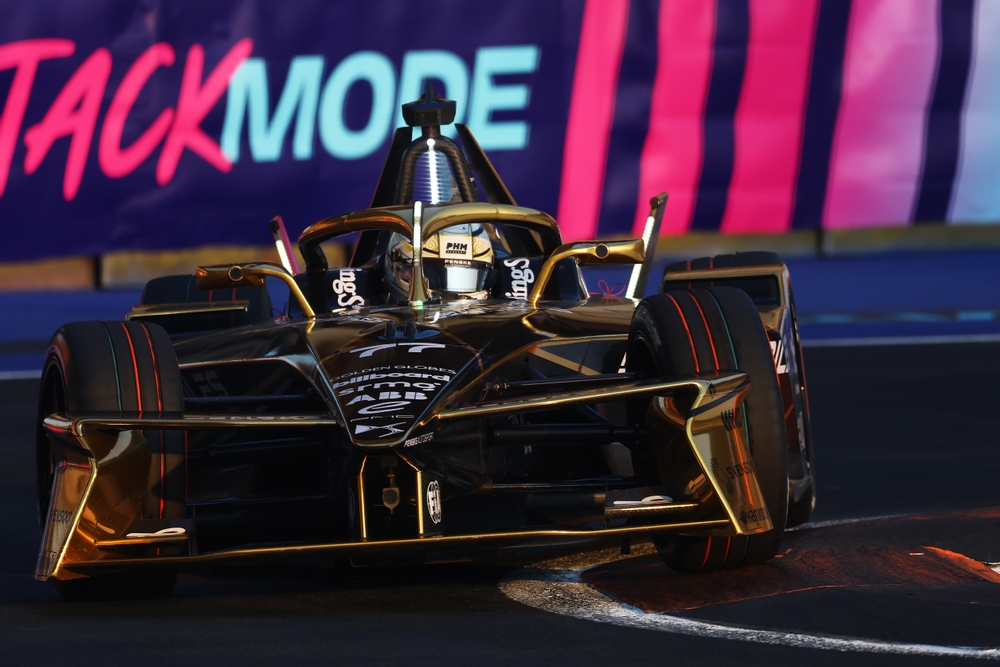Twenty years on from his first of two World Drivers’ Championship, Formula 1 Veteran Fernando Alonso reflects on the changes throughout his time in the sport. Speaking ahead of the 2025 Azerbaijan GP, he commented on his career as a whole.
Speaking ahead of last weekend’s Azerbaijan GP, Fernando Alonso reflected on the changes he has witnessed throughout his F1 career. Debuting in 2001 with Minardi, Alonso has entered 421 Grands Prix across 22 seasons, the most of any driver.
Reflecting on his mammoth career, twenty years since his 2005 Championship, Alonso was quizzed on how the sport has changed. Looking back, the Spaniard noted the rapid improvement of technology in the sport as a key change. The Aston Martin driver also pointed out professionalism and preparation required by modern Formula 1.
“That will be a question in Brazil that I need to prepare the answer, because it will be a very popular question.” He joked. “I don’t know. First, no, I didn’t think about being 20 years after my championship, still around.
“A lot of things have changed in the sport for sure. Technology has changed, our unit, the way we race now, the way we prepare the races and all the competitors as well. The whole analysis of the competitors, which I think is the nature again of the DNA of the sport of Formula 1. You know, always dictated by the car performance and set of regulations that are always better for some teams than others and this kind of things.”
Continuing on, Alonso further explained the impact of car performance in modern Formula 1. The Spaniard believes that the emphasis on engineering over driver ability has made the sport more difficult.
Expanding on his point, Alonso explained that the competitiveness of modern F1 makes missing out on points even more frustrating.
“I think now it’s even more extreme.” He continued. “That’s why this year losing 22 points, it should sound like it’s not much. We are not fighting for the World Championship, so why should Alonso care about 22 points in a season like this? But 20 points now is a lot of effort and determination to score every single point.
“When the car is just able to score one or two points per weekend, to lose 22 is a massive amount. And yes, probably the sport went in that direction as well, of being dictated by the car performance more and more, thanks to the technology and how the teams are super well prepared now, approaching a weekend.”
With Alonso being highly rated as a driver, many have long considered him to be unlucky in Formula 1. With Alonso finishing second to Sebastian Vettel on three occasions during his stint with Ferrari, his 2012 move was called into question.
A move to then Honda-powered McLaren in 2015 further bolstered the bad luck label. A difficult stint with the poorly performing McLaren team led to a brief hiatus from Formula 1 for the two time champion. When asked about his often discussed luck in the sport, Alonso rubbished the idea. Looking beyond Formula 1, he believes his luck in motorsport has been 50/50.
“I don’t know. Good luck, bad luck, I think 50-50 to be honest. I don’t think that when you do 400 plus races, there are a lot of races with good luck and a lot of races with bad luck. But I think everything compensated.
“Even when I went to Le Mans, the second Le Mans, we were two minutes behind the leader, one hour before the end, and then they had a puncture, and then they had a wheel that was not properly done, and they had a double pit stop… and then I won the second Le Mans. So that was a lot, a lot of luck on our side.
“So everything compensated. But yeah, probably over 20 years, I think. Or maybe more than 10 years since I won my last F1 Grand Prix. It doesn’t sound right to me.”





